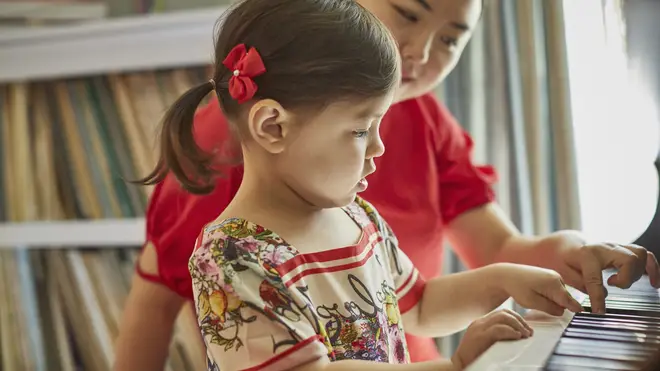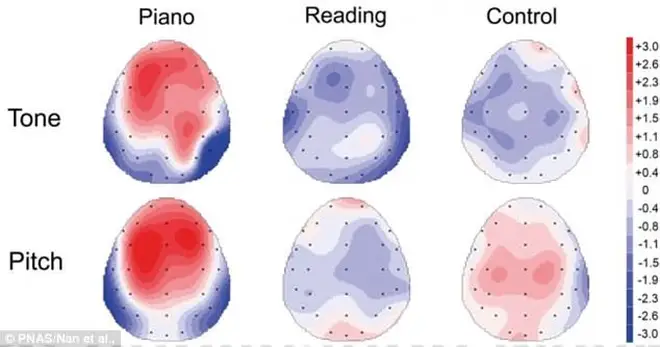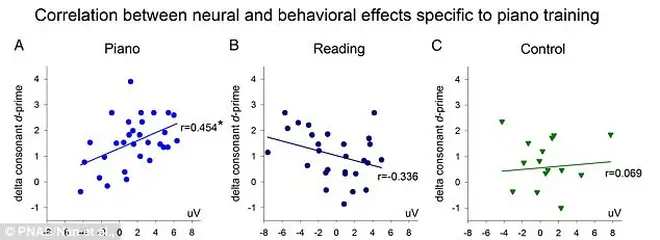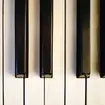Piano lessons make children smarter, claims new study
26 June 2018, 15:43 | Updated: 26 June 2018, 16:38

A new piece of research reveals that playing piano for six months can noticeably improve a child’s language skills.
The study, published on 25 June by PNAS, found that some areas of a child’s brain can benefit from early musical training.
Compared to children who read, those who learned to play piano were much more able to detect the sounds of consonants, vowels and pitch.
However, playing the piano had no impact on a child’s IQ, attention span or memory.
Seventy-four Mandarin-speaking children aged four to five years old were allocated to one of three groups: piano training, reading training, or a no-contact control group.
The first group received three 45-minute piano lessons a week for six months, the second group received the same amount of reading training and the third group received no training.

In one month, children with piano training outperformed the other two groups in a language test based on detecting consonant sounds.
Children who had piano and reading training performed better than the control group in a test based on detecting vowel sounds.
“In contrast, all three groups improved equally on general cognitive measures, including tests of IQ, working memory, and attention,” the authors said in the paper.

To conduct the tests, the team carried out an electroencephalography (EEG) on every child, which looked for improvements in sound processing ability.
After six months, the children who had piano training were more able to distinguish between the sound of different words, as well as musical pitches.


































